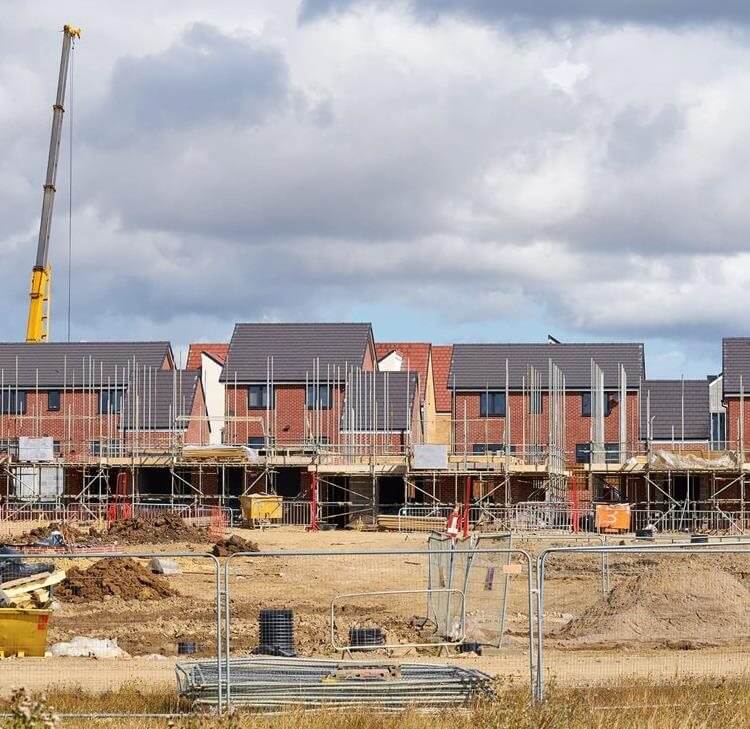Integrated Care Systems: practical steps for 1 July 2022
ICSs have been introduced with the intention of uniting the operations of hospitals, community-based services, and health and social care bodies across their respective places.
The concept of an Integrated Care System (ICS) is not a new one. ICSs have been introduced with the intention of uniting the operations of hospitals, community-based services, and health and social care bodies across their respective places. The goal is to move towards a relationship-driven and collaborative system and away from independent, competing silos of service. The effectiveness of such systems has been hindered by a focus on structures and processes of risk aversion, rather than on creating cohesive cultures and behaviours within the systems.
The latest step in the evolutionary chart is the White Paper ‘Health and social care integration: joining up care for people, places and populations’. This White Paper has sought to reshape the environment within which ICSs reside, and seeks to create further autonomy for each place to implement systems which fit their bespoke needs. Some of the criticism of this White Paper, however, is that it does very little to provide real clarity on how ICSs can achieve their goals.
We will look in more detail at the role of the Single Accountable Body and other concepts from the Integration White Paper next month. For now, we wanted to share some thoughts on what all local authorities should be doing to prepare for 1 July 2022 when ICSs go live and county and unitary councils must ensure that their governance procedures allow for their involvement at the right level.
Having worked on several ICS arrangements from the local government side, we would suggest the following be considered:
- all the places in your constitution that refer to clinical commissioning groups (CCGs). This could be in relation to the health scrutiny committee, the health and wellbeing board or section 75 arrangements. All references should be updated to refer to the ICS, but it is important to reference the right part of the ICS: is it the Integrated Care Board (ICB) or the Integrated Care Partnership (ICP) or a committee of the ICB? These references will depend on the particular arrangements for your ICS;
- the parties within your ICS. If there is more than one “responsible local authority” (meaning a county or unitary council), then there is a need to think about how all of their individual health scrutiny committees, health and wellbeing boards, etc work together. It might be that each council’s area is a “place” within the ICS. These arrangements must be documented so that, at the ICS level, the ICB and ICP have the right representation and, in the case of the ICB, delegations to place where that is appropriate;
- the current section 75 arrangements in your area. You are likely to have some arrangements with the CCG to pool funds (such as the Better Care Fund). On the CCG side this will transfer to the ICB, but how that is then managed for your area, particularly if the ICS covers a number of local authorities, needs to be considered, so that decisions are made at the right level and with the right accountability back to both organisations;
- who is going sit on the various boards, in particular the ICB and the ICP. Some areas are setting up new assurance committees for the ICB and that may require a different individual. There is the ability for elected members to sit on both the ICB and the ICP and we would suggest that there is some cross-over with the representation on the health and wellbeing board to ensure consistency of approach to health and social care decisions;
- the additional documents that you may wish to have to document the shared objectives and principles of the system. This is a really useful tool to ensure that all parties to the ICS are working from the same place and can hold each other to account and support each other in achieving them. This may be in the form of the constitutions of the ICP and ICB but also additional place-based documents where that is reflective of the structure of the ICS.
As a final note, the overriding takeaway from this article should be that it is important to remember that ICSs are evolutionary in nature and we should not view 1 July 2022 as the deadline for their final form. They must evolve to adapt to the needs of their communities and demands of the wider government to ensure that they can appropriately carry out their goals without becoming a victim of change.
Contact

Anja Beriro
Partner
anja.beriro@brownejacobson.com
+44 (0)115 976 6589








































